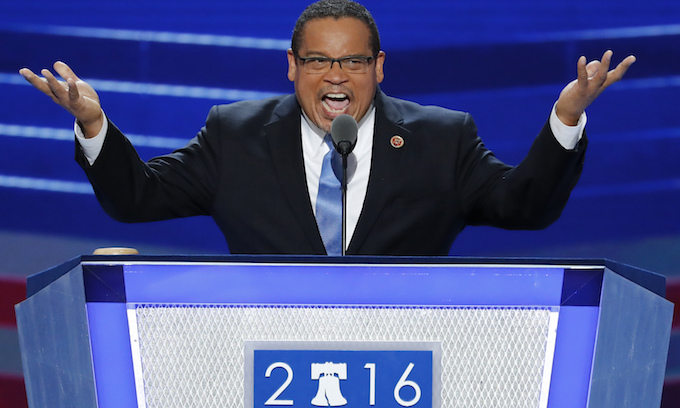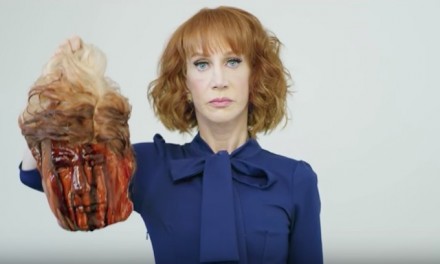Minnesota’s first statewide initiative dedicated to reversing wrongful convictions started taking applications Tuesday, marking the latest step by Attorney General Keith Ellison to make his office a major player in criminal justice reform.
Ellison’s new conviction review unit will also regularly propose reforms to the state’s criminal justice system.
“I think the state is going through a moment now where it’s coming to terms with institutional racism, and if you don’t think that plays out in the criminal justice system in terms of wrongful convictions, you’re a little naive,” said Carrie Sperling, a new assistant attorney general hired to lead the conviction review unit.
“I think we will have a little reckoning to do with how that plays out in decisionmaking, how that gets tried, what sentencings they give.”
Sperling, who comes from the University of Wisconsin Law School, has previously worked on death penalty appeals in Texas as a director of the American Civil Liberties Union. She was the first director of the Arizona Justice Project at Arizona State University.
Hennepin County Attorney Mike Freeman and Ramsey County Attorney John Choi also serve on the conviction review unit’s advisory board, which helped establish its charter earlier this year.
The unit is a joint initiative between Ellison’s office and the Great North Innocence Project, and is funded by a $300,000 U.S. Department of Justice grant that spans two years. Ellison’s office can reapply, and a spokesman said the office will also seek additional funding from the Legislature.
Sperling is the only dedicated staff member of the conviction review unit but will be able to rely on secretaries and paralegals. The office is working on getting law students to assist, and plans to develop a clinic for them to help out. The plans is to have up to five externs by fall.
Because of limited staffing early on, the unit will prioritize felony cases no longer pending an appeal and cases filed by people in custody. Special attention will be given to cases where convictions were based on eyewitness identification, an alleged false or coerced conviction, and witness testimony that has been recanted as false or coerced.
In an interview, Ellison said that he would also like to see the unit respond to unjust sentencing.
“We have to let people know that we’re going to be active and busy,” Ellison said. “We’re not going to be able to deliver wanted outcomes for everyone that wants them but what we will be able to do is … give people a fresh look, fresh eyes. I do believe there will be some people who one day will be free because of the work that Carrie is going to lead for us.”
The unit will only review the cases of people who have been convicted of a felony prosecuted by the state. Applicants must present a “plausible claim” that they were wrongfully convicted and offer potential leads to reliable evidence to back up the claim.
The unit will present findings and recommendations in all cases to the attorney general, who has final decisionmaking authority about whether to seek remedies and which ones to pursue. They include seeking dismissal of the case or a reduced sentence, filing a joint application for post-conviction relief, advocating for early release or supporting a request for clemency or pardon.
The unit plans to “regularly report its case review numbers to the public,” according to its charter.
The initiative marks the latest chapter in Ellison’s campaign to take a more active role in criminal justice reform, both in terms of his office and personally. In an interview before announcing the unit, he attributed part of his motivation to leave Congress and run for attorney general in 2018 to the lack of sweeping criminal justice changes being achieved in Washington.
At the outset, Ellison and Sperling are trying to manage expectations for how soon the new unit can find and resolve wrongful convictions in the state.
“I do think we will get some people exonerated — I don’t know when,” Ellison said. “That’s not the test of whether or not this a good program. The test is whether or not people feel like there’s someone they can go to who honestly in good faith will review their case where there are credible claims of innocence.”
©2021 StarTribune. Visit startribune.com. Distributed by Tribune Content Agency, LLC.
—-
This content is published through a licensing agreement with Acquire Media using its NewsEdge technology.



















Why go through with the sham investigation and review , stop trying to make your prisoner release policy seem correct , it is NOT. You know convicted people do have several appeal procedures in place already. NO need for your B.S.
PITY WE can’t lock cretins like him, up.. AND TOSS AWAY the jail we throw them in!
Hey Keith…
Why not look into WRONGFUL DISMISSALS, too?!
How many CRIMINALS were let back onto the streets (who when out and committed MORE CRIME) – because Stupid Leftists didn’t have the “testicular fortitude” to prosecute them?!
How many innocent people DIED because REPEAT CRIMINALS were let off (or pleaded to lesser crimes), only to go out and KILL someone (or many)?
How many people must SUFFER because of people LIKE YOU – rather than having CRIMINALS pay their debt to society?!
HOWS about looking at CRIMINALLY CHARGING every DA, every ADA, every state AG, and every judge, who KEEPS LETTING these crooks out, WHO GO ON TO REOFFEND, time and time again, for being ACCESSORIES to every crime those felons RECOMMIT!
Defund the police, but give criminals every benefit of the doubt.
Now I get how “Planet of the Apes” could be possible . . .
muslim authority in minnesota and btw didn’t mr.ellison have some sexual harasment charges on him?
These days, we may as well fully change its name to MINESOTISTAN..